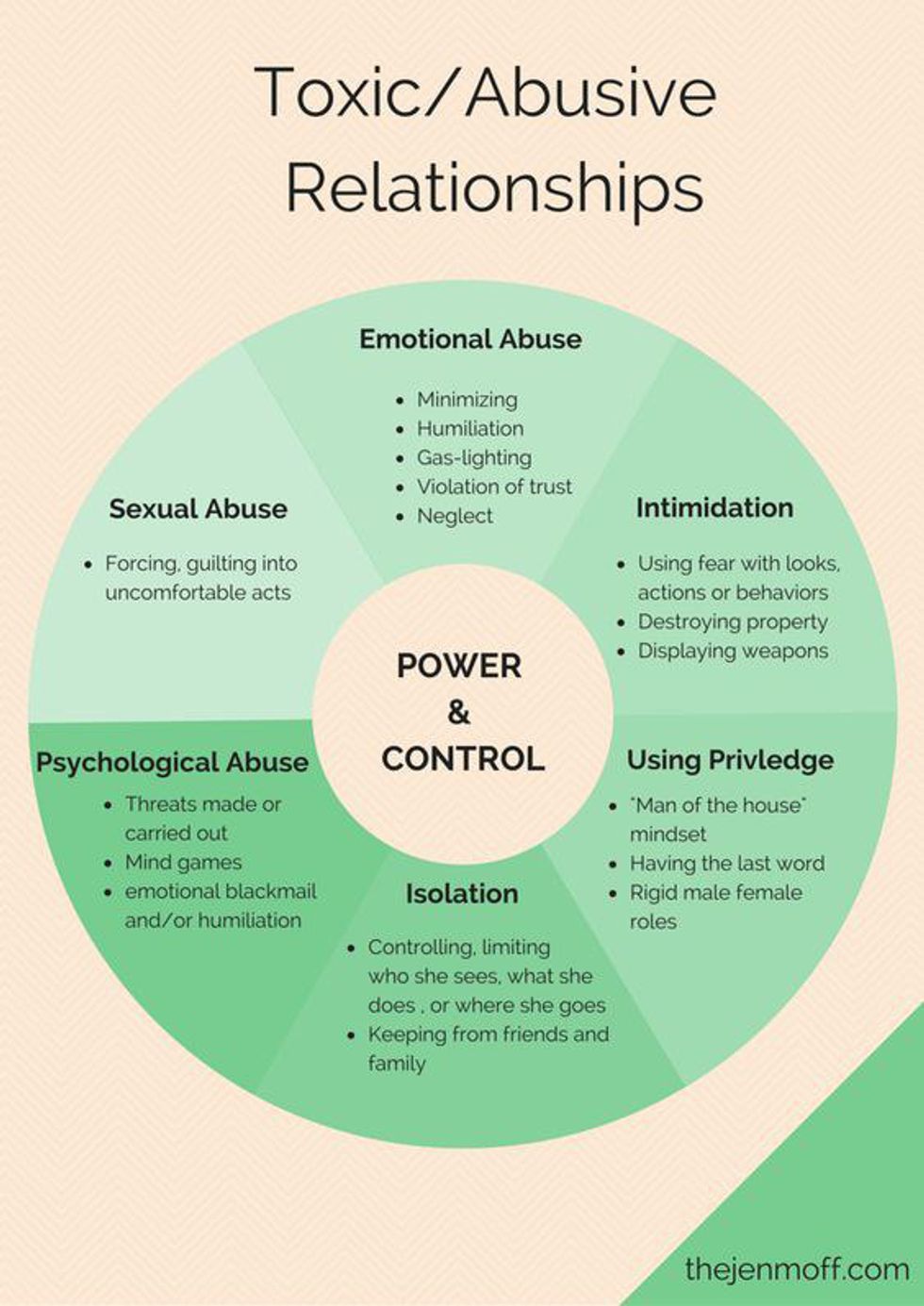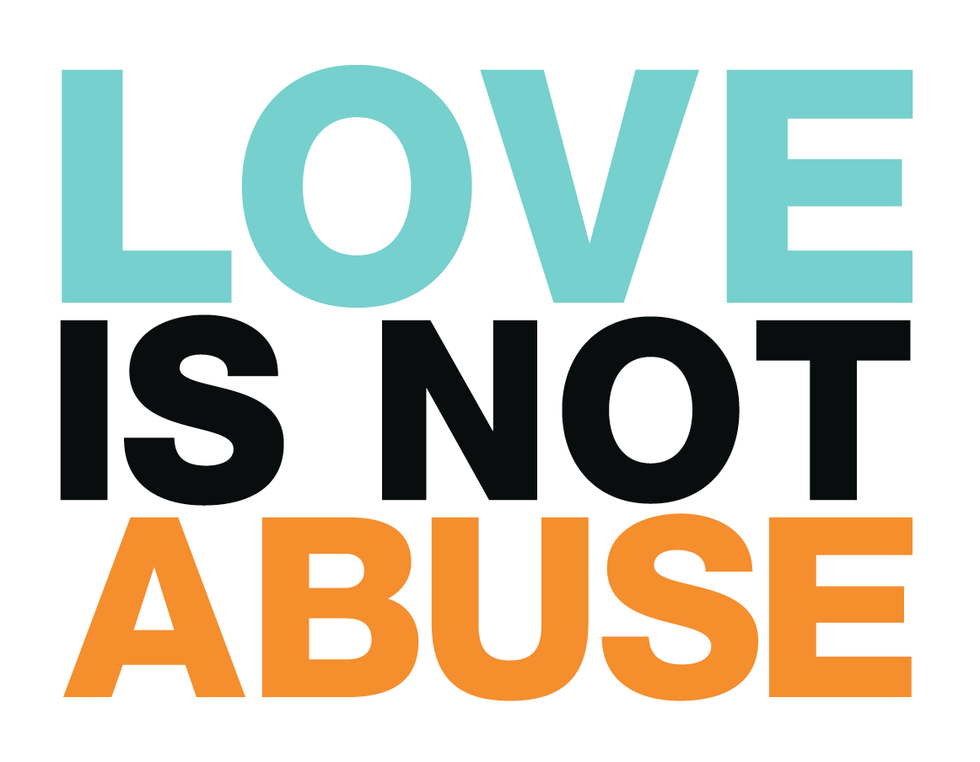I remember learning about a lot of dangerous things in high school. It seemed like every direction I turned, there was a club advocating the dangers of underage drinking, or speaking about the harmful effects of smoking and drugs. But never once was I taught about other pertinent matters regarding young adults, such as abusive relationships.
Abusive relationships in young adults are actually more common than you may think. One in three young adults have been a victim of physical, sexual, emotional or verbal abuse by the person they date.
This is an alarming amount of teens, and though one out of every three teens experience this abuse, only 33 percent of teens report it. It is no wonder then, that 83 percent of parents believe abusive relationships are not a problem, and 58 percent of parents admit they would not know the warning signs of abuse. Though, then again, it seems as though teens and even college students may not know how to properly identify abuse. 57 percent of college students admit that abuse is hard to identify, so how can we expect teens to recognize abuse without education on the subject? It is important to understand the basics of relationship abuse, such as what it is, warning signs of it, how to end it safely, and how to carry on afterwards.
So What Is an Abusive Relationship?
- “Relationship abuse is a pattern of abusive and coercive behaviors used to maintain power and control over a former or current intimate partner.”
- It can come in many forms: physically, sexually, emotionally, or verbally.
Warning Signs Of an Abusive Relationship

There are many warning signs to look for when it comes to an abusive relationship, but according to the Center For Relationship Abuse Awareness there are several that are key.
- Do you feel nervous around your partner?
- Do you feel pressured by your partner when it comes to sex?
- Are you scared to disagree with your partner?
- Does your partner humiliate or criticize you in front of other people?
- Does your partner impose stereotypical gender roles?
- Does your partner ever threaten you, or themselves?
- Has your partner ever psychically harmed you?
- Is your partner hyper-obsessive and controlling about where you are or what you’re doing?
- Does your partner control who you are allowed to speak to?
If you answered yes to two or more of these questions, it is safe to conclude that your relationship is abusive and it is in your best interest to end it right away.
How To End An Abusive Relationship
- If you don’t feel safe, don’t break up in person. When it comes to your safety, it is best to break up over some form of mediated communication.
- If you do break up in person, do it in a public space and have someone on standby for you in case things get heated.
- Let family and friends know what is going on so they can support you.
After The Relationship
- Talk to family so they can help protect you in case a confrontation arises at home.
- Talk to a teacher or counselor so they can help protect you in case a confrontation arises at school.
- Save any harassing messages from your ex and seek help immediately.
Though I believe drinking and drugs are a serious problem facing today’s youth, I firmly believe that those issues should not be the only topics teens are taught about it. One in every three teens will experience relationship abuse, and most will not even recognize it is happening, let alone know how to handle it. It is important to educate teens on this issue so they know how to recognize it when they are experiencing it, and most importantly, know how to keep themselves safe when ending it.



























